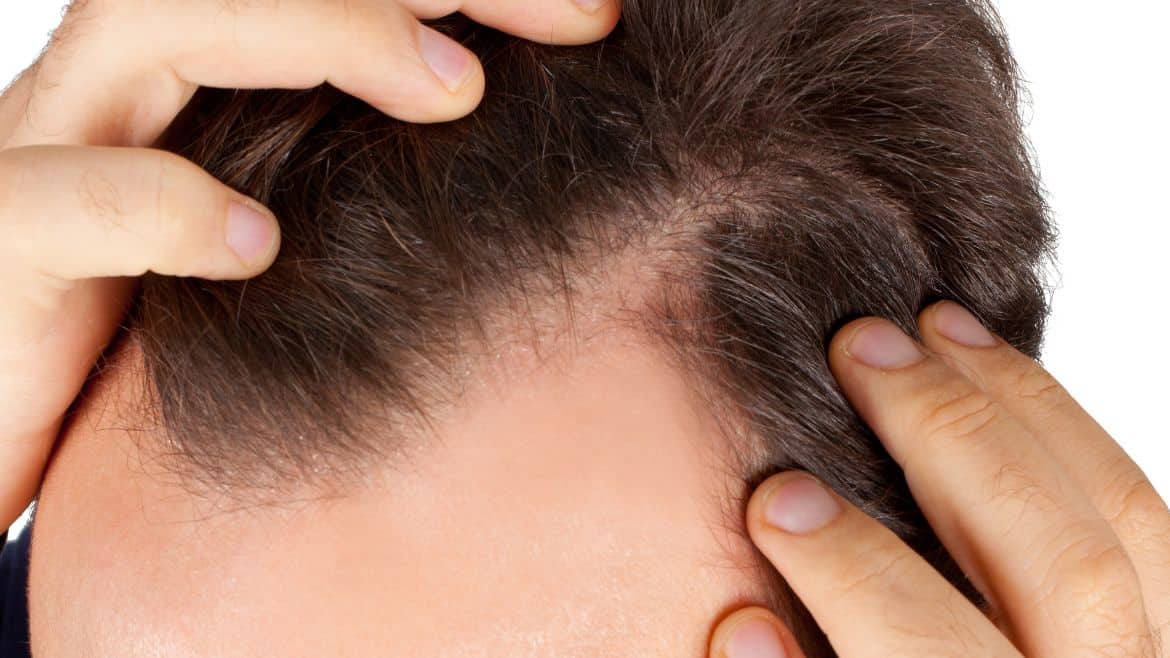Hair loss can be a traumatic experience, and can be even more distressing when it occurs as the result of a scar. Whether the scar is the result of surgery, injury, or another cause, it can be frustrating to see hair loss in an area where it was previously present. Fortunately, hair transplants can be an effective solution for restoring hair to scarred areas, and can help to improve both the appearance and confidence of those who have experienced hair loss due to scars.
How Hair Transplants on Scars Work:
Hair transplants on scars involve the same basic process as other types of hair transplants, but with some additional considerations. During the procedure, hair follicles are harvested from a donor site on the scalp and transplanted to the scarred area. The donor hair is typically taken from the back or sides of the scalp, where it is more resistant to male pattern baldness.
There are two main techniques used in hair transplant surgery: follicular unit transplantation (FUT) and follicular unit extraction (FUE). In FUT, a strip of scalp is removed from the donor site and the hair follicles are carefully extracted and transplanted to the scarred area. In FUE, individual hair follicles are extracted one at a time using a specialized tool and transplanted to the scarred area.
Hair Transplant in Indore on scars can be successful in restoring hair to scarred areas, but the success of the procedure depends on a number of factors, including the type of scar, the location of the scar, and the overall health of the individual. Some scars may be more suitable for hair transplants than others, and a qualified hair restoration specialist can assess the suitability of a scar for a hair transplant and advise on the best course of treatment.
Benefits of Hair Transplants on Scars:
Hair transplants on scars can offer a number of benefits, including:
Improved Appearance:
Scarring can be noticeable and can impact the appearance of the affected area. A hair transplant can help to restore hair to the scarred area, improving its appearance and helping to blend it in with the surrounding hair.
Increased Social Confidence:
Scarring can also impact social confidence, leading to feelings of self-consciousness in social situations. A hair transplant can help to improve appearance and give people the confidence they need to engage in social activities and feel more comfortable in social situations.
Improved Quality of Life:
Scarring can have a significant impact on quality of life, leading to decreased enjoyment of activities and lower levels of overall happiness. A hair transplant can help to improve appearance and self-confidence, leading to an overall improvement in quality of life.
Risks of Hair Transplants on Scars:
As with any surgical procedure, hair transplants on scars carry some risks, including:
Infection:
There is a risk of infection with any surgical procedure, and it is important to follow proper care instructions to minimize the risk of infection after a hair transplant.
Scarring:
There is a risk of scarring with any surgical procedure, and a hair transplant is no exception. However, scarring from a hair transplant is typically minimal and is usually hidden within the hairline.
Difficulty Healing:
Some people may have difficulty healing after a hair transplant, which can impact the success of the procedure. It is important to follow proper care instructions and to consult with a qualified hair restoration specialist if you experience any.



